
Martin Odersky, Scala Creator & Co-Founder of Lightbend
Wednesday, May 31

Martin Odersky, Scala Creator & Co-Founder of Lightbend
Wednesday, May 31

Viktor Kuncak, EPFL
Tools for Code Verification, Synthesis, and Repair
Thursday, June 1
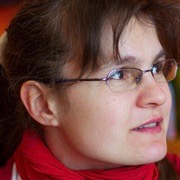
Isabel Drost-Fromm, Affiliation: Open Source Strategist Europace.de
Open source is just about the source, isn't it?
Friday, June 2
ScalaBridge, Tuesday May 30, 09:00 - 17:00
ScalaBridge is a fun and friendly introduction to Scala, with an explicit goal of encouraging diversity in the Scala community. To coincide with Scala Days, a ScalaBridge will be held in Copenhagen at Bella Center on Tuesday, 30th of May, from 9am to 5pm. It's completely free to attend, but you need to register here.
We ask that attendees have a bit of programming experience (any language is fine) and are from a group that is underrepresented in the Scala community, broadly interpreted.
If you are an experienced Scala developer, and interested in helping out as an instructor, we also want to hear from you.
ScalaBridge has three goals:
Download the Scala Days App in order to see the latest version of the schedule, vote sessions, follow the #scaladays twitter streamand much more: For iOS / For Android
Scala Days, the premier Scala Conference, will be held this year at Bella Center in Copenhagen. Trainings will be on May 30th - 31st, 2017, and the conference will be held from May 31st - June 2nd, 2017. The conference will start after the trainings - so don't panic, you can attend both training and conference! There will also be a Scala Days US at the Swissotel in Chicago on April 18th - 21st, 2017.
The conference will bring together developers from all corners of the world to share their experiences and new ideas around creating applications with Scala and related technologies, like Akka and Play Framework. Scala Days provides a unique opportunity for Scala users to interact with the contributors to the language and related technologies and connect with fellow developers.
Leaders from Scala User Groups and communities around the globe, students and language contributors, will gather to discuss academic research, use-cases and visionary projects for a two day, action-packed event.
Last year’s conferences in New York and Berlin were sold-out events!
| 16:00 | Registration |
|---|---|
| ROOM | A2+A3 |
| 17:00 |
|
| 18:00 |
|
| 08:00 | Registration | |||
|---|---|---|---|---|
| 09:00 |
|
|||
| 10:00 | Break | |||
| ROOM | Aud. 11 | Aud. 12 | Aud. 15 | A2+A3 |
| TRACK |
|
|
|
|
| 10:25 |
|
|
|
|
| 11:10 | Break | |||
| 11:35 |
|
|
|
|
| 12:20 | Lunch | |||
| 13:20 |
|
|
|
|
| 14:05 | Break | |||
| 14:30 |
|
|
|
|
| 15:15 | Break | |||
| 15:40 |
|
|
|
|
| 16:25 | Break | |||
| 16:50 |
|
|
|
|
| 17:35 | Break | |||
| 18:00 |
|
|
|
|
| 18:45 |
|
|||
| 19:30 |
|
|||
| 08:00 | Registration | |||
|---|---|---|---|---|
| 09:00 |
|
|||
| 10:00 | Break | |||
| ROOM | Aud. 11 | Aud. 12 | Aud. 15 | A2+A3 |
| TRACK |
|
|
|
|
| 10:25 |
|
|
|
|
| 11:10 | Break | |||
| 11:35 |
|
|
|
|
| 12:20 | Lunch | |||
| 12:50 |
|
|||
| 13:20 |
|
|
|
|
| 14:05 | Break | |||
| 14:30 |
|
|
|
|
| 15:15 | Break | |||
| 15:40 |
|
|
|
|
| 16:25 | Break | |||
| 16:45 |
|
|||
Want to get the most out of Scala Days Copenhagen? Register for an in-person training course before the Scala Days conference. All trainings are two-day trainings and will take place Tuesday and Wednesday May 30th -31st, 2017. The courses are designed for developers of all levels of proficiency with the Lightbend Reactive Platform.
All trainings will take place at:
Bella Center
Center Blvd. 5
2300 København S
Tuesday
08:00 - 09:00 Registration - Coffee/Tea
09:00 - 10:30 Workshop
10:30 - 10:45 Coffee/Tea Break (incl. snacks)
10:45 - 12:00 Workshop
12:00 - 13:00 Lunch Break
13:00 - 14:45 Workshop
14:45 - 15:15 Coffee/Tea Break (incl. snacks)
15:15 - 18:00 Workshop
Wednesday
08:00 - 09:00 Registration - Coffee/Tea
09:00 - 10:30 Workshop
10:30 - 10:45 Coffee/Tea Break (incl. snacks)
10:45 - 12:00 Workshop
12:00 - 13:00 Lunch Break
13:00 - 14:45 Workshop
14:45 - 15:15 Coffee/Tea Break (incl. snacks)
15:15 - 16:00 Workshop
Trainers: Markus Hauck & Heiko Seeberger
The power of Scala’s type system, unleashed - advanced object functional programming, implicits, and more. Leverage rich language features to create well-designed libraries or DSL’s, utilizing proven best practices.
Trainer: Eric Loots
Scalable reactive application, for the win! Experienced application developers learn the reactive Akka toolkit and runtime, along with methodologies to create real-world, actor-based systems in Scala on a single JVM.
Trainers: Matthias Niehoff & Florian Troßbach
This two-day workshop is designed to teach developers how to implement data analytics using Apache Spark for Reactive applications. In this workshop, developers will use hands-on exercises to learn the principles of Spark programming and idioms for specific problems, such as event stream processing, SQL-based analysis on structured data in files, integration with Reactive frameworks like Akka, as well as Hadoop and related tools, and advanced analytics such as machine learning and graph algorithms.
Trainers: Manuel Bernhardt & Thomas Hackbarth
The pinnacle of scalable, reactive applications! Experienced application developers learn to build distributed reactive applications using Akka and Scala, scaling out multiple nodes and 3rd-party systems. Remoting, clustering and the RESTful HTTP layer.
| Before Jan 18 | Before Mar 15 | After Mar 15 |
|---|---|---|
| €850 | €900 | €1000 |
| Before Jan 18 | Before Mar 15 | After Mar 15 |
|---|---|---|
| €1750 | €2000 | €2150 |
| Before Jan 18 | Before Mar 15 | After Mar 15 |
|---|---|---|
| €1000 | €1200 | €1250 |
If you need a hotel during your stay in Copenhagen you can book and receive a discounted and price match guarantee Scala Days conference rate clicking "book hotel" below.
Book hotel
Interested in being a sponsor at Scala Days Chicago? Contact the Scala Days team


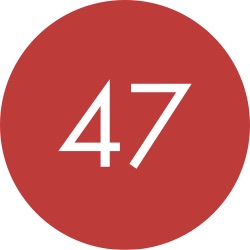
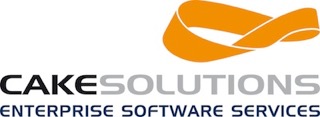
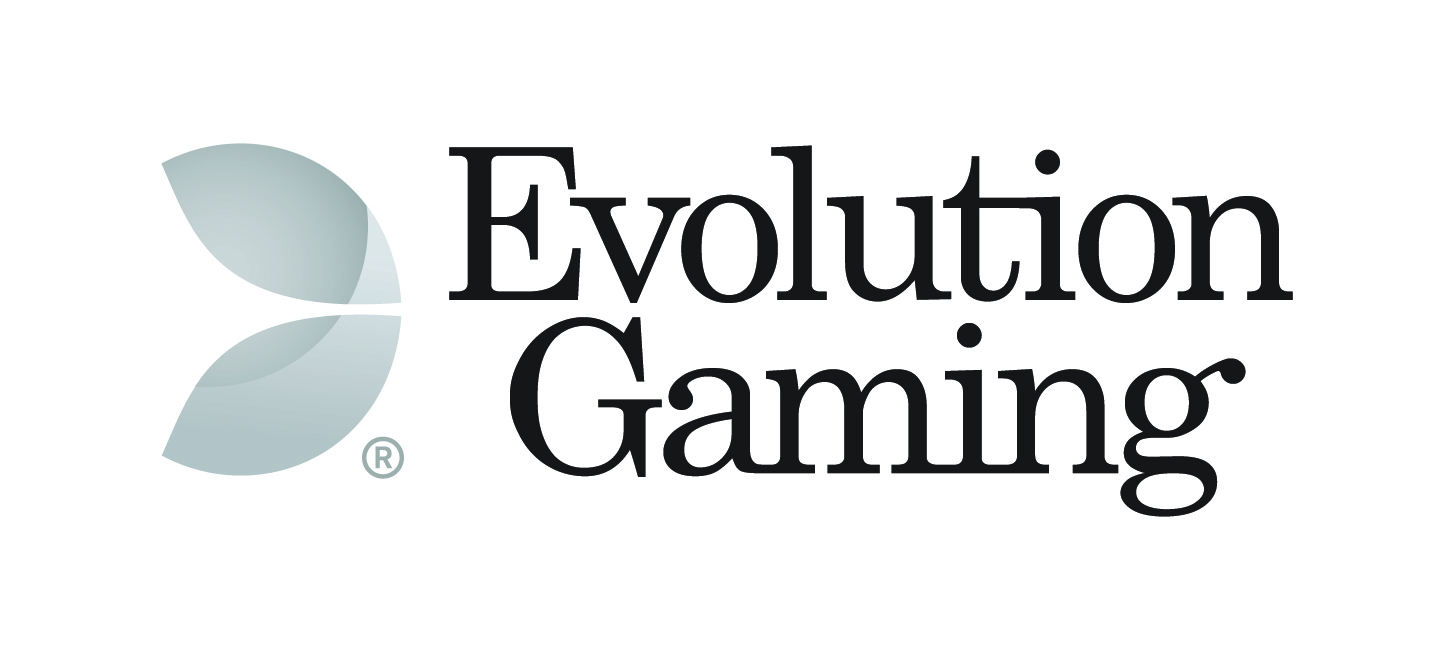
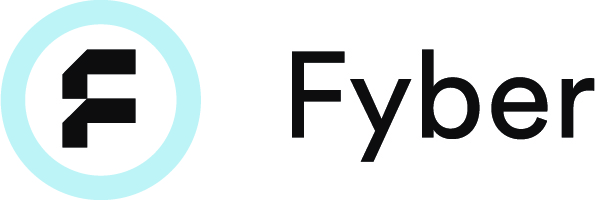


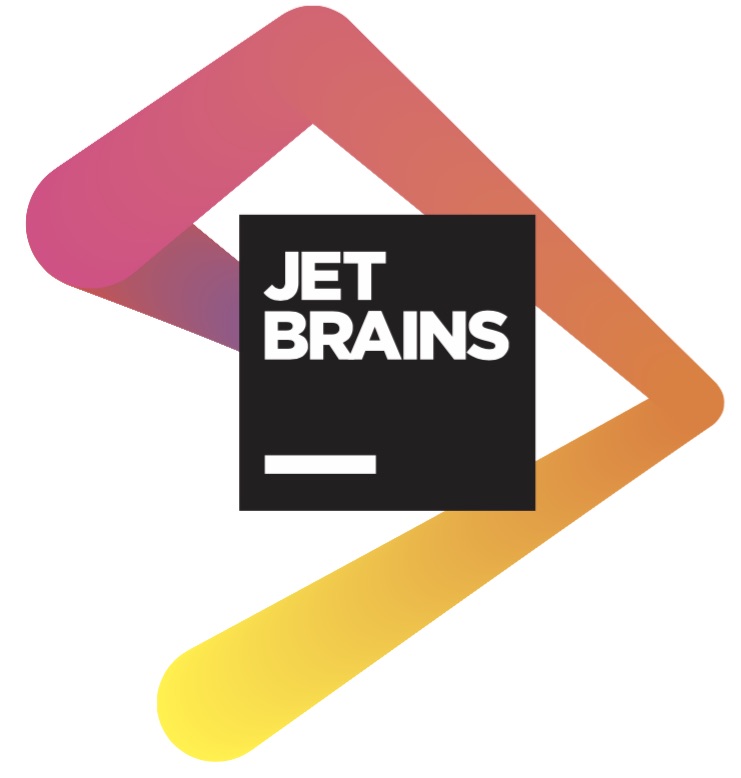

.jpg)



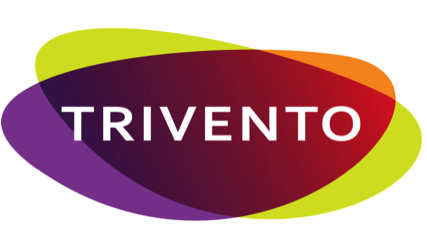
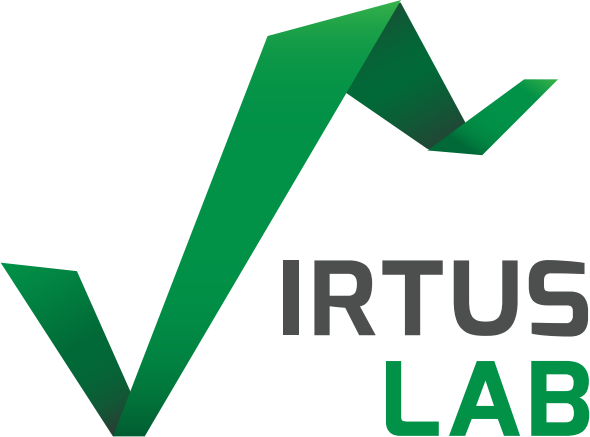
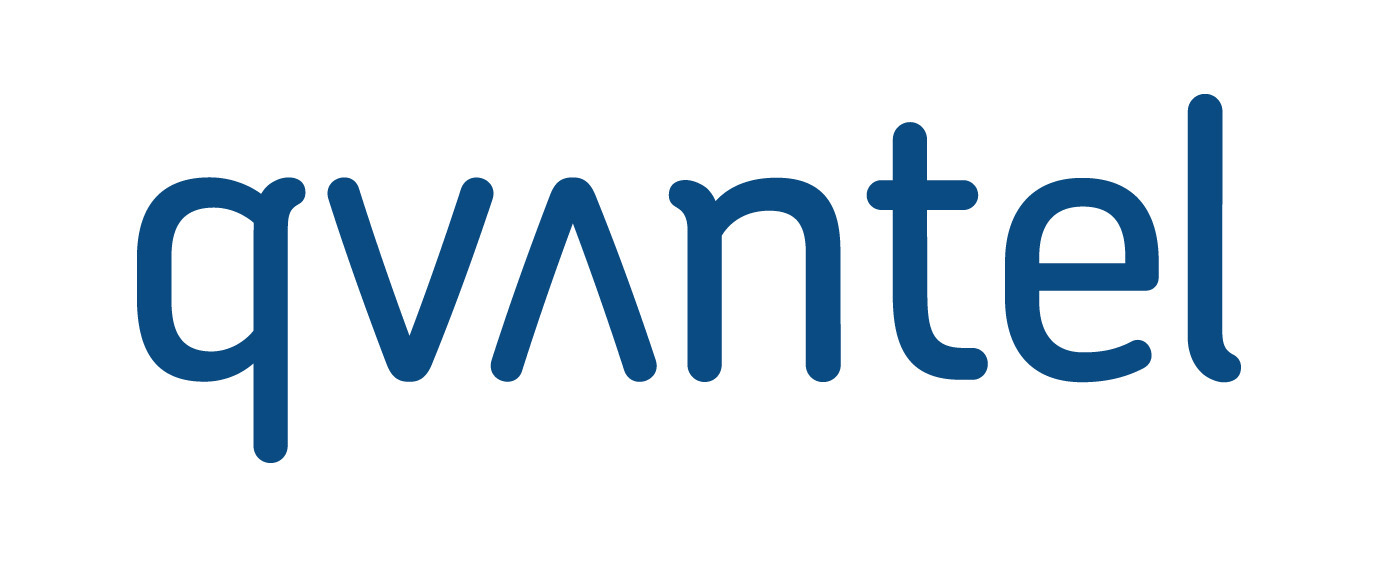



Our Code of Conduct is inspired by the kind folks at NE Scala, who adopted theirs from PNW Scala. We think they both nailed it.
Nobody likes bad behavior, so please show respect for those around you. This applies to both in-person and online behavior.
Scala Days is dedicated to providing a harassment-free experience for everyone, regardless of gender, gender identity and expression, sexual orientation, disability, physical appearance, body size, race, or religion (or lack thereof). We do not tolerate harassment of participants in any form.
All communication should be appropriate for a technical audience, including people of many different backgrounds. Sexual language, innuendo, and imagery is not appropriate for any conference venue, including talks.
Participants violating these rules may be asked to leave without a refund at the sole discretion of the organizers.
Crew registration is closed. Thanks to everyone who helps.
All Crew Volunteers will be required to work on Wednesday May 30th from 12:00 PM - 6:30 PM as well as another shift of four hours on Thursday June 1st or Friday June 2nd. In return for helping with the conference, Crew Volunteers will have free access to the conference and all social events.
If you are an academic wanting to participate fully in Scala Days Copenhagen you can send an email with a copy of your student ID to Dajana Guenther, [email protected], and in return you will receive a discouted rate for conference attendance.
If you have any questions regarding crew volunteering or academic rate please contact Dajana Guenther, [email protected].